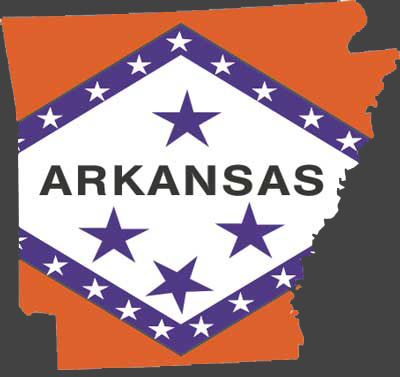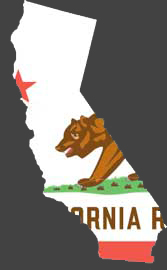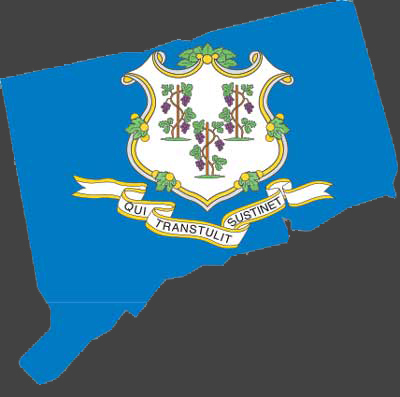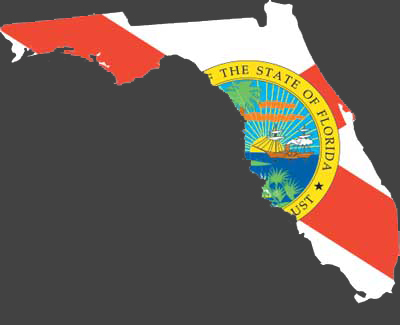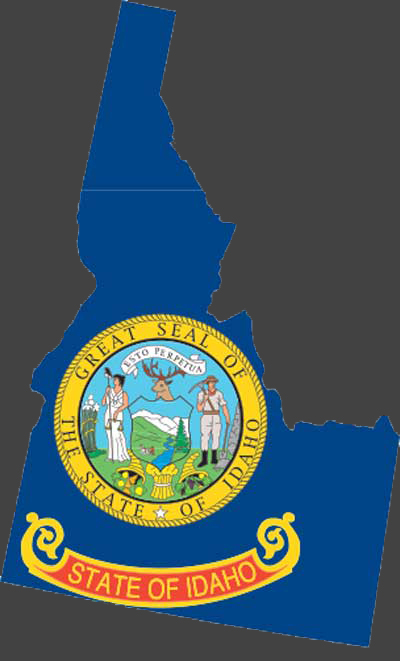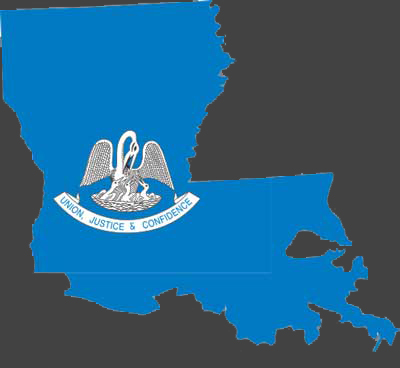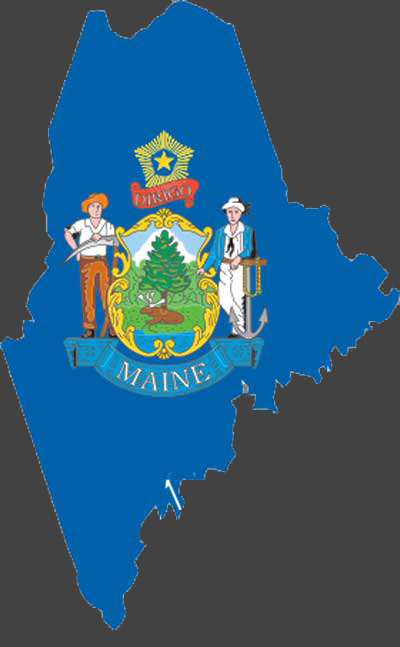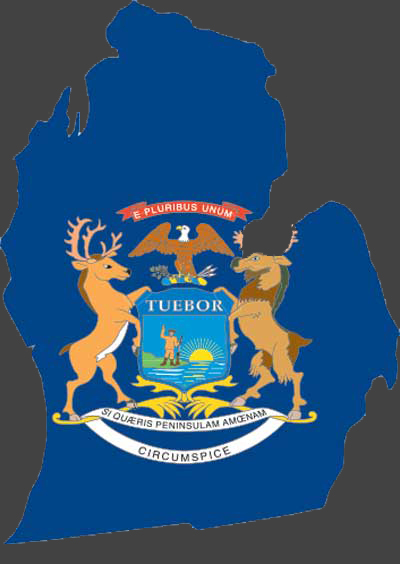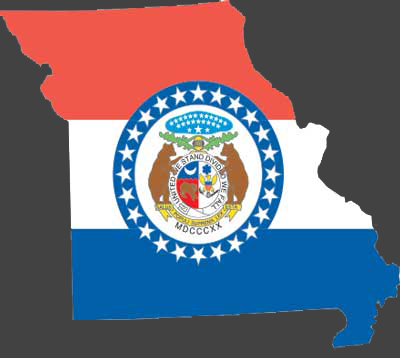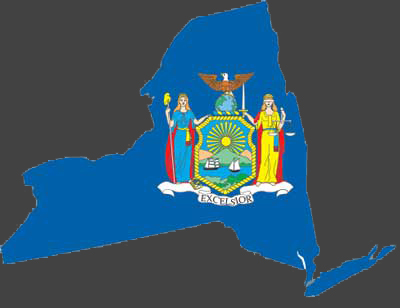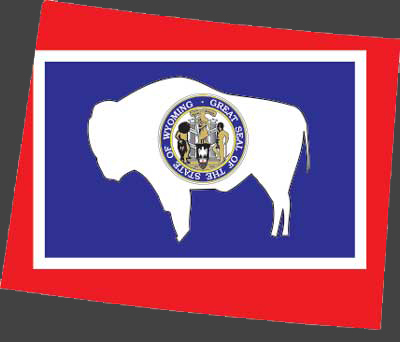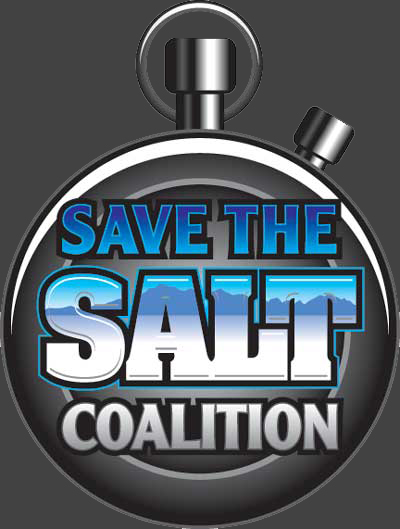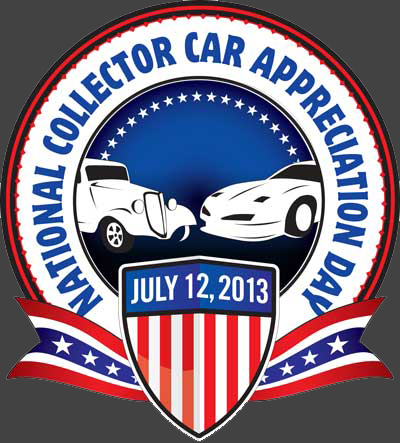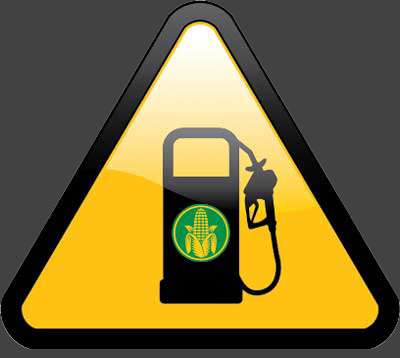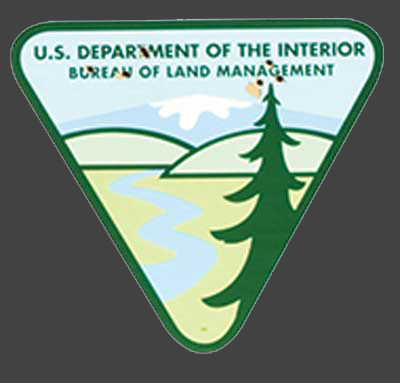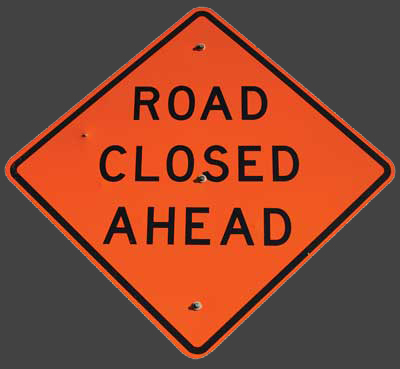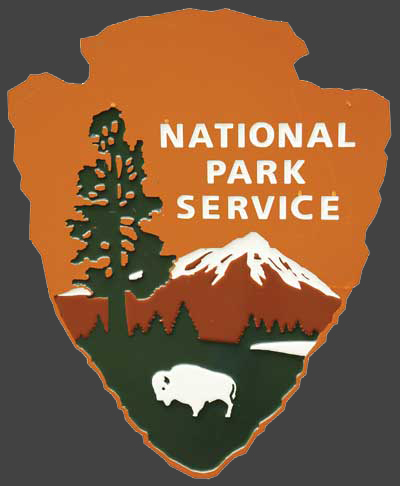◄ Back to Driving Force, Winter 2013
Another year of threats and opportunities affecting car enthusiasts throughout federal, state and provincial legislatures has come to a close. Despite increasingly difficult odds in some cases, the widespread forces comprising the SEMA Action Network (SAN) have earned an impressive number of victories. These accomplishments range from the protection of specialty parts and backyard restoration projects, limiting vehicle and property tax increases, increasing recreational access to public land, as well as limiting federal and state-level ethanol fuel mandates. Perhaps the greatest symbol of our hobby’s effort to unite lies in the expansion of jurisdictions recognizing Collector Car Appreciation Day. As we celebrate the holiday season and brace ourselves for the 2014 legislative sessions, let’s reflect on this year’s journey by looking at the individual triumphs for which we can all be proud.
STATE UPDATE
|
|
||
|
|
|
Arkansas Motor-Vehicle Lighting: SAN helped amend legislation that originally threatened to ban any covering that reduced the visibility of required motor-vehicle lighting. Under the amended bill, which was signed into law by Governor Mike Beebe, these coverings would be prohibited only when required lamps are in use. Removable ornamental lamp covers are often used by hobbyists for shows, exhibitions and for street use during daylight hours. |
|
|
||
|
|
|
California Specially Constructed Vehicles: The California Air Resources Board (CARB) concluded an engine certification process applicable to Specially Constructed Vehicles (SCV). SAN coordinated with the Bureau of Automotive Repair (BAR) to ensure that popular CARB-certified performance parts will be accepted at all BAR smog referee stations during routine inspection of SCVs as long as they were certified for the same engine family as the engine installed. |
|
|
||
|
|
|
Connecticut Antique/Rare/Special-Interest Motor Vehicles: SAN-opposed legislation that raised the tax assessment of antique, rare and special-interest motor vehicles along with placing a cap on the number of miles those vehicles could be driven died when the legislature adjourned for the year. The measure also would have required vehicles seeking registration as antique, rare or special-interest motor vehicles or as modified antique motor vehicles to be at least 30 years old. Currently, vehicles 20 years old or older are eligible for this status and special license plates. |
|
|
||
|
|
|
Florida Ethanol: A bill to repeal the requirement that all gasoline offered for sale in the state contain a percentage of ethanol was signed into law by Governor Rick Scott. Previously, the Florida Renewable Fuels Standard required that all gasoline sold or offered for sale by a terminal supplier, importer, blender or wholesaler contain 9%–10% ethanol or other alternative fuel, by volume. |
|
|
||
|
|
|
Idaho Registration Fees: SAN-opposed legislation that would have increased annual registration fees for motor vehicles weighing 8,000 lbs. or less died when the legislature adjourned for the year. The fee increase would have varied depending on the age of the vehicle, with newer cars paying the most. |
|
|
||
|
|
|
Louisiana (Washington Parish) Collector Car Appreciation Day: Washington Parish, Louisiana, President Richard N. Thomas issued a proclamation declaring July 12, 2013, Collector Car Appreciation Day in the jurisdiction. |
|
|
||
|
|
|
Maine Ethanol: SAN-supported legislation to prohibit the sale and distribution of corn-based ethanol in Maine was signed into law by Governor Paul LePage. Under the new law, 10 other states or a number of states with a collective population of 30,000,000 would have to enact a similar prohibition before it could go into effect. A bill to prohibit the sale of gasoline that contains corn-based ethanol as an additive at a level greater than 10% by volume was also signed into law. This law would not take effect until at least two other New England states have enacted laws that prohibit the sale of gasoline that contains corn-based ethanol at a level greater than 10% by volume. |
|
|
||
|
|
|
Maryland Reproduction Plates: Legislation supported by the SAN to require the Motor Vehicle Administration to provide, for one year, a specially designed vintage reproduction registration plate to qualifying vehicle owners was signed into law by Governor Martin O’Malley. |
|
|
||
|
|
Michigan “Automotive Heritage Month”: The Michigan State Senate issued a resolution commemorating August 2013 as Automotive Heritage Month in the state. | |
|
|
||
|
|
Missouri Miles Traveled: A SAN-opposed resolution to impose a vehicle miles traveled tax on state motorists died without consideration when the legislature adjourned for the year. Had it been approved, this proposed amendment to the state constitution would have gone on a statewide ballot for a popular vote of the citizens. | |
|
|
||
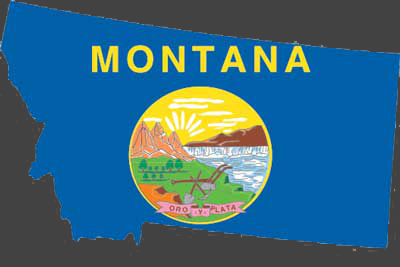 |
Montana Year-of-Manufacture Plates: A bill to allow the owner of a motor vehicle, trailer, semitrailer or pole trailer manufactured in the year 1948, 1949 or 1950 to display a single original Montana license plate affixed to the rear of the vehicle was signed into law by Governor Steve Bullock, with SAN’s support.
Montana Inoperable Vehicles: As a result of opposition spearheaded by SAN, legislation to limit the number of inoperable motor vehicles allowed on private property under “community decay” laws was withdrawn from consideration. Under the bill, four or more “junk vehicles” on private property would have constituted “community decay.” This bill provided no accommodation to vehicle restorers and allowed municipalities alone to determine if these vehicles created “community decay.” |
|
|
|
||
|
|
Nevada Inoperable Vehicles: Nevada Governor Brian Sandoval signed into law SAN- amended legislation that originally threatened to add abandoned, unregistered, inoperable or junk motor vehicles to the list of items that constitute a public nuisance. Under existing law, counties and cities may remove a public nuisance at the property owner’s expense if, after notice, the property owner does not remove the nuisance. Under the SAN amendment, abandoned, inoperable or junk vehicles stored on private property would only require screening from public view in counties having populations of 700,000 or more people. Unregistered vehicles could not be declared a nuisance under the SAN amendment. Nevada (Las Vegas) Collector Car Appreciation Day: Las Vegas Mayor Carolyn G. Goodman and the Las Vegas City Council issued a proclamation declaring July 10, 2013, Collector Car Appreciation Day in the city. |
|
|
|
||
|
|
New Mexico Collector Car Appreciation Day: New Mexico Governor Susana Martinez issued a proclamation designating July 12, 2013, as Collector Car Appreciation Day in the state. | |
|
|
||
|
|
New York Collector Car Appreciation Day: The New York State Assembly issued a resolution authorizing Governor Andrew Cuomo to proclaim July 13, 2013, as Collector Car Appreciation Day in the state. | |
|
|
||
 |
North Carolina Titles: Legislation to provide for the prompt issuance of titles to owners of out-of-state motor vehicles that are 35 years old or older was signed into law by Governor Pat McCrory. Under the SAN-supported new law, if a required inspection and verification is not conducted by the Division of Motor Vehicles within 15 days after receiving a request and the inspector has no probable cause to believe that the ownership documents or vehicle identification number does not match the vehicle being examined, the vehicle will be deemed to have satisfied all requirements and the title will be issued to the owner within 15 days. If an inspection and verification is performed in a timely manner and the vehicle passes, title will issue to the owner within 15 days of the date of the inspection. The new law became effective on July 23. North Carolina Headlamps: A bill that would have imposed a $100 fine on any person that equipped a car with headlamps that “change the original design” died when the legislature adjourned for the year. The bill directly conflicted with the National Traffic and Motor Vehicle Safety Act which makes clear that the standards adopted by the agency for required motor vehicle equipment (including headlamps) are to be performance standards, not design standards. |
|
|
|
||
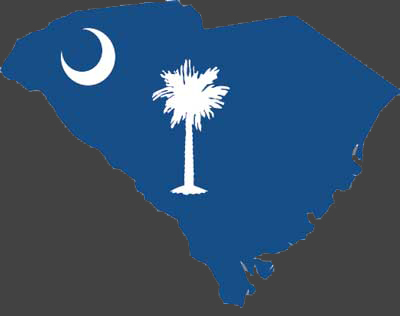 |
South Carolina Registration Fees: SAN-opposed legislation to increase biennial registration fees for motor vehicles was not acted upon before the legislature adjourned for the year. The bill would have increased the registration fees for private passenger vehicles, excluding trucks, from $24 to $36 for persons under age 65. For persons 65 years old and older, the fees for private passenger vehicles, excluding trucks, would have risen from $20 to $32. | |
|
|
||
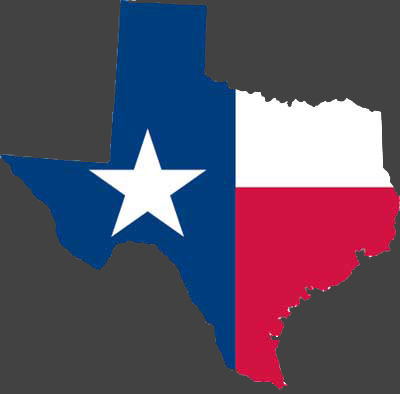 |
Texas Registration Fees: Legislation to add an additional $50 to the vehicle registration and renewal fees died when the legislature adjourned for the year. The measure would have taken effect on September 1, 2013, if a constitutional amendment proposed by the legislature to allow the imposition of an additional motor-vehicle registration fee was approved by the voters. Texas Vehicle Miles Traveled: SAN-opposed legislation to impose a vehicle miles traveled (VMT) tax on state motorists died when the legislature adjourned for the year. Under the bill, the amount of the VMT tax would have varied by vehicle type. Vehicles weighing 10,000 lbs. or less would have been taxed at a rate of 1.0 cent per mile, vehicles weighing more than 10,000 lbs. at 1.25 cents per mile and electric vehicles at .75 cents per mile. The tax would have been offset by a motor fuels tax credit which would be determined using the vehicle’s VMT and fuel-economy data. The actual VMT would have been measured using an annual odometer inspection. |
|
|
|
||
|
|
Vermont Exhaust Systems: A bill to ban motor-vehicle exhaust systems that increase the noise level died when the legislature adjourned. Under the bill, violators would not pass the state’s required inspection and would be subject to fines. The measure did not provide an opportunity for vehicle hobbyists to install and use exhaust systems that meet an objective decibel limit under a fair and predictable test. | |
|
|
||
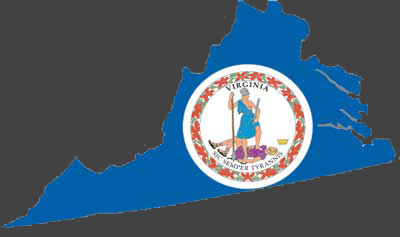 |
Virginia Restoration Projects: Legislation containing a SAN-drafted amendment to totally exempt from the license tax all vehicles and parts cars stored on private property for the purpose of restoration or repair was signed into law by Governor Bob McDonnell. The license tax is applied to vehicles that do not display current license plates, even those 25 years old and older. Under the new law, the exemption for all cars, regardless of age that are undergoing restoration represents a new benefit to car owners. Vehicles stored within a structure remain exempt from the tax. Virginia (York County) Collector Car Appreciation Day: The Board of Supervisors of the County of York, Virginia, issued a proclamation declaring July 13, 2013 as Collector Car Appreciation Day in the jurisdiction. |
|
|
|
||
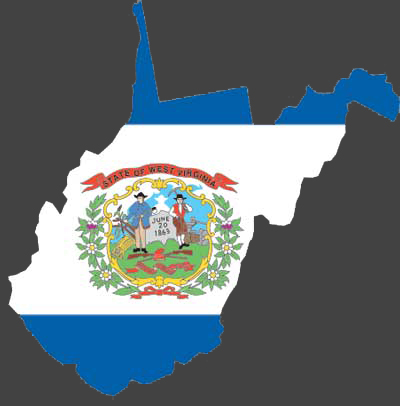 |
West Virginia Antique/Classic Taxes: With SAN’s strong objection, legislation to increase property taxes paid by owners of antique motor vehicles died when the legislature adjourned for the year. Under the bill, each of these cars would have been assessed at $5,000 for purposes of the tax which would have penalized antique vehicle owners whose cars are worth less than $5,000.
West Virginia Off-Road Vehicles: Legislation to approve a regulation allowing off-road vehicles to operate on trails included in the Hatfield-McCoy Recreation Area was signed into law by Governor Earl Ray Tomblin. These trails were previously restricted to all-terrain vehicles, utility terrain vehicles and motorcycles. |
|
|
|
||
|
|
Wyoming Registration Fees: SAN-opposed legislation to increase annual vehicle registration fees by $10 for passenger vehicles and double registration fees for non-commercial trucks died. Under the bill, non-commercial trucks subject to the doubled registration fees would have included personal pickups. | |
|
|
||
|
|
Canada (Nova Scotia) Collector Car Appreciation Day: Nova Scotia Premier Darrell E. Dexter issued a proclamation designating July 2013 as Automotive Heritage Month in the province.
Canada (Manitoba) Collector Car Appreciation Day: The Manitoba Minister of Culture, Heritage and Tourism issued a proclamation designating July 12, 2013, as Collector Car Appreciation Day in the province. The minister also proclaimed the month of July 2013 to be Collector Car Appreciation Month. |
|
FEDERAL UPDATE
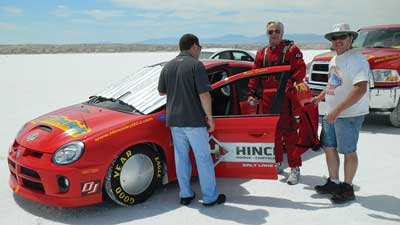 Another year of threats and opportunities affecting car enthusiasts throughout federal, state and provincial legislatures has come to a close. Despite increasingly difficult odds in some cases, the widespread forces comprising the SEMA Action Network (SAN) have earned an impressive number of victories. These accomplishments range from the protection of specialty parts and backyard restoration projects, limiting vehicle and property tax increases, increasing recreational access to public land, as well as limiting federal and state-level ethanol fuel mandates. Perhaps the greatest symbol of our hobby’s effort to unite lies in the expansion of jurisdictions recognizing Collector Car Appreciation Day. As we celebrate the holiday season and brace ourselves for the 2014 legislative sessions, let’s reflect on this year’s journey by looking at the individual triumphs for which we can all be proud.
Another year of threats and opportunities affecting car enthusiasts throughout federal, state and provincial legislatures has come to a close. Despite increasingly difficult odds in some cases, the widespread forces comprising the SEMA Action Network (SAN) have earned an impressive number of victories. These accomplishments range from the protection of specialty parts and backyard restoration projects, limiting vehicle and property tax increases, increasing recreational access to public land, as well as limiting federal and state-level ethanol fuel mandates. Perhaps the greatest symbol of our hobby’s effort to unite lies in the expansion of jurisdictions recognizing Collector Car Appreciation Day. As we celebrate the holiday season and brace ourselves for the 2014 legislative sessions, let’s reflect on this year’s journey by looking at the individual triumphs for which we can all be proud.
|
|
||
|
|
|
Bonneville Salt Flats: SAN has joined with the Save the Salt Foundation and a number of other organizations to help save the Bonneville Salt Flats. Efforts are being undertaken to replenish the salt flats beyond the current salt brine pumping program which resulted in 600,000 tons of salt being restored to the Salt Flats in 2013. The racing community is pursuing a test dry salt laydown project in 2014 to confirm that this would be a viable method for eventually restoring and expanding the international track. The Bureau of Land Management is being asked to approve the project. |
|
|
||
|
|
|
Collector Car Appreciation Day: At SAN’s request, U.S. Senators Jon Tester (D-MT) and Richard Burr (R-NC) co-sponsored Senate Resolution 176 designating July 12, 2013, as Collector Car Appreciation Day. It was the fourth commemoration in what has become an annual event to raise awareness of the vital role automotive restoration and collection plays in American society. Businesses, car clubs and individuals helped organize scores of events to celebrate the day, including car shows, small-business open houses and “drive your car to work” displays. Next year’s event is scheduled for July 11, 2014. |
|
|
||
|
|
|
E15 Ethanol: The U.S. Supreme Court rejected petitions to reconsider a lower court ruling which allows the sale of 15% ethanol in gasoline (E15). The U.S. Environmental Protection Agency (EPA) approved E15 for use in ’01 and newer vehicles while making it illegal to fuel older cars, motorcycles and other motorized equipment based on evidence that it could cause damage to those vehicles and engines. However, the EPA is only requiring a gas pump warning label instructing consumers that it is “illegal” to fill-up those products with E15. Ethanol can cause metal corrosion and dissolve certain plastics and rubbers, especially in older cars that were not constructed with ethanol-resistant materials. Attention has now turned to Congress to address the issue. A U.S. House subcommittee held a series of hearings on whether the Renewable Fuel Standard (RFS) should be repealed or scaled-back. The RFS mandates that an increasing amount of biofuels be blended into gasoline each year, from 9 billion gallons in 2008 to 36 billion gallons by 2022, and E15 is the mechanism to achieve these mandates. SAN supports reducing the RFS mandates and banning the sale of E15. |
|
|
||
|
|
|
Johnson Valley OHV Recreation Area: The U.S. House of Representatives approved the 2014 National Defense Authorization Act (NDAA), including a provision that would end a five-year debate on how to expand the U.S. Marine Corps base at Twentynine Palms, California. Authored by Rep. Paul Cook (R-CA), the provision allows the Marines to have access to the adjoining Johnson Valley Off-Highway Vehicle (OHV) Recreation Area for up to 60 days a year for training exercises, but the area would be otherwise preserved for recreational use. The land will continue to be controlled by the U.S. Bureau of Land Management (BLM). Johnson Valley is the largest OHV area in the United States, totaling nearly 189,000 acres. The land is used year-round by OHV enthusiasts and is home to numerous motorized events that draw thousands of competitors and spectators to the area every year, including the famous “King of the Hammers.” SAN is urging senators to approve the Johnson Valley provision when the Senate considers its version of the bill. |
|
|
||
|
|
|
National Monuments & Road Closures: SAN-supported legislation has been introduced in the U.S. Congress to require the President to complete an environmental review before designating more than 5,000 acres as a National Monument. The bill would ensure public involvement in the process and discussion of multiple factors, including economic impact. Current law provides the President with authority to declare land of “historic or scientific interest” to be a National Monument which can lead to road closures for motorized recreation, among other activities. President Obama is under pressure to establish a 1.4 million acres “Greater Canyonlands National Monument” in Utah, close 1,050 miles of off-road vehicle trails and monitor another 1,450 miles for future closure. |
|
|
||
|
|
|
OHV Access to Cape Hatteras National Seashore: SAN is supporting legislation that would reverse a 2012 management plan issued by the National Park Service banning OHV access to large portions of the seashore. Under the current restrictions, about 39% of the seashore is closed to OHV recreation while 42% of the seashore is open year-round and 19% is open at different times during the year. The House bill would reinstate a previous management strategy that better balances wildlife protections with responsible OHV access. It is pending before the House Judiciary Committee. The Senate Energy and Natural Resources Committee passed a bill seeking a one year study to determine how wildlife buffer restrictions can be reduced to allow for expanded OHV recreation. |

